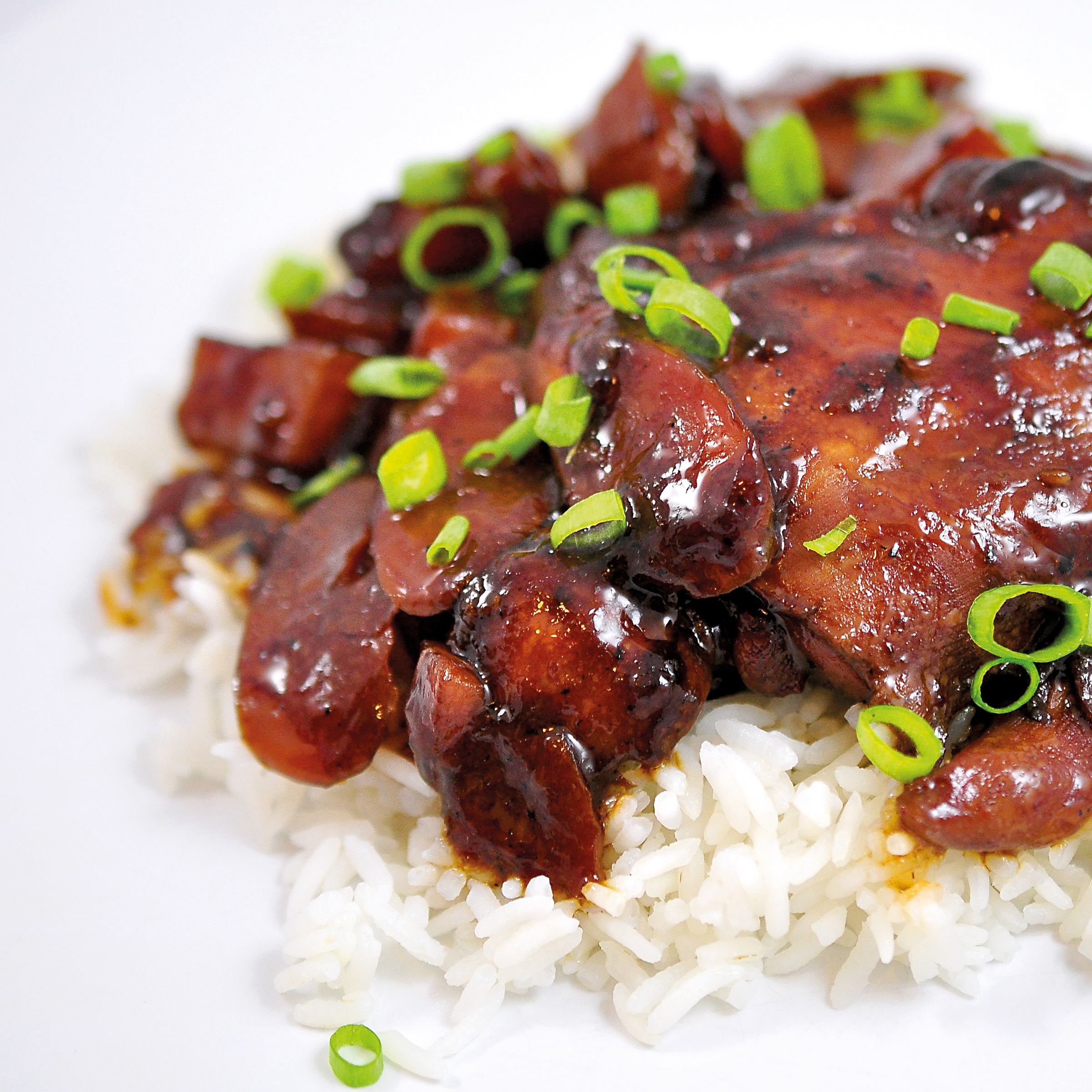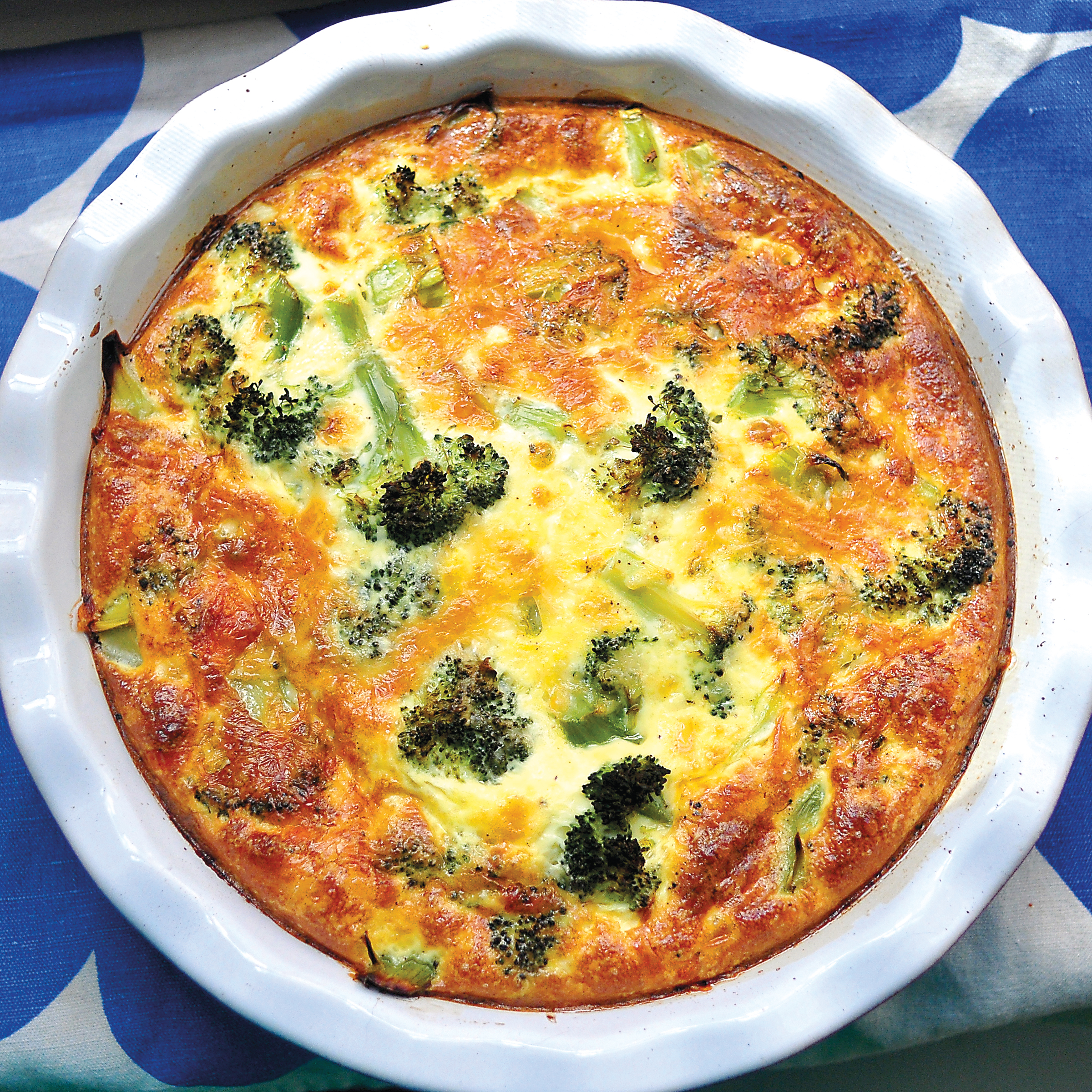
If you’re anything like me, one of the most stressful parts of being a parent is, well, dinner. And lunch. And breakfast. We are only a family of three (one 6-year-old boy, plus two parents) and we aren’t really that picky, but still: We seem to shop EVERY SINGLE DAY, we spend what seems to be an enormous amount on our weekly groceries, and nobody seems that happy with the meals that come out of our kitchen.
So when I heard about LeeAnne Brown’s Good and Cheap cookbook, designed to help people on very low budgets learn to cook from-scratch, healthy meals, I was intrigued enough to immediately check out her website. I found that she was offering free pdfs of her beautiful, highly utilitarian cookbook, which Brown originally created as a thesis project for her master's degree in food studies.
A bit more background: Brown, Canadian-born and a mere 30 years old, first became interested in issues around food policy and farmland preservation as a young college graduate working in local politics. A passionate home cook, she also wanted to empower people to cook for themselves. She has never considered herself a chef, she says. “While I really respect chefs, what I love more than making the perfect beautiful thing was having friends over and explaining, 'Oh, you can do this.'”

She wrote and designed Good and Cheap with the help of her husband and posted it online in 2014 as a free pdf ("I got impatient," she says). After the pdf went viral (it's since been downloaded more than 900,000 times), Brown and her husband launched a Kickstarter campaign to fund a print run. It raised $144,000, the most successful Kickstarter campaign to date for a cookbook, which eventually enabled them to donate 20,000 cookbooks to people in need through partner organizations, and make another 50,000-plus cookbooks available at cost.
If you've seen the cookbook, you'll understand the appeal: Good and Cheap is one of those rare products that gives attention to a critical social issue (how to help everyone access healthy, fresh, affordable food) while also serving as an excellent tool for any budget-oriented, time-pressed home cook. Recipes are simple and interesting, ranging from adobo chicken to chocolate-zucchini muffins to flexible recipes such as quiche and sauces that can be customized depending on what's in your fridge. Beyond recipes, the cookbook teaches fundamentals about budget shopping, spices, eating seasonally and more.
When Brown was in Seattle in September to give a talk at Town Hall, she answered some of my questions about how Good and Cheap applies to families.
At a certain point, the news about your cookbook went viral. What happened?
Somebody posted about it on Reddit. I tracked it down and discovered that so many people were downloading the book that it crashed the website.
At this point I was like OK, let’s try to get this out to people. That was the push I needed that people do want this. I launched a Kickstarter campaign to print them; I wanted anyone for whom buying a cookbook is an expense to get them for free. I did a buy-one, give-one model [on Kickstarter, which means that anyone who donated would get a cookbook for themselves and also fund a donation] and asked for $10,000. We reached the goal in 36 hours.
People all over the world were all interested and supportive of the project. My husband helped so much during that time, I almost lost my mind.
We ended up with $144,000; I was so happy on one hand and was also like, What I have gotten myself into? But with the magic in scale of book publishing I was able to order 40,000 books. [See the impact of her cookbook.]
What were some of the unexpected joys about publishing the cookbook?
What was really touching is that people were sharing their stories; sharing experiences from the past, [telling us], “We could have used something like this" and, "This was the way my grandparents cooked."

What about some overall strategies to empower families to cook together?
It’s a lot easier and less expensive than you think at first. Banish the idea that scratch cooking takes a million years. A jar of pasta sauce is something I’d love to banish from the face of the earth — so much extra sugar. Standard tomato sauce is so easy to make — canned tomatoes with a little garlic and butter. It will be done before the water boils.
Also, letting kids be a part of it. I hear so often: “The hardest thing is I work and my husband works and someone asks ‘Mom, what’s for dinner?’" It shouldn’t be one person’s responsibility to get food on the table. Make sure everyone is involved.
Pasta … a lot of the veggie dishes, vegetable quiche. Active time is not much. Can be a nice thing to do with your kids. Talk to them about which kinds of veggies to use. It’s a master recipe; the eggs hold together whatever you want.
Any advice for families who are trying to buy organic on a budget?
I think organic is wonderful but the reason I don’t talk about it a lot is that there isn’t always organic available, and it is actually unaffordable sometimes. There are times it can work and if you’re committed to it. It’s so much more expensive that it’s a lot to ask.

But you do recommend some organic items, right?
Eggs are a given because they’re so go-to; if your family eats a lot of bananas you might want to do bananas.
You can also focus on things that are the best value. When you’re cooking with basic foods and lots of fruits and vegetables, you’ll find that your money goes so much further. You may come to the cash register and say, “Oh my gosh, my grocery bill is half what it normally is; maybe I can afford organic.”
What are some of your favorite staples?
Lemons and limes and oranges are so incredible and bring out so much flavor. Lemons can be squeezed on chicken and fish. And if you have lemons and vinegar and olive oil you have salad dressing.
I love popcorn with a little brown sugar and orange.
I love smoked paprika; brings out that smoky flavor without adding all the flavor.
Schmalz [rendered chicken fat] is really nice and has really lovely flavor. You can by a whole chicken and render it and can cook like butter with it.
Oatmeal is wonderful and I have yet to met kids who don’t like oatmeal. It’s very satisfying because you can add many things to it; cans of pumpkins, use it in baking.
The book doesn’t have a lot of meat in it because meat is expensive. It's not really that healthy for you either. Use it more as a flavor, a small amount to add to things.
What's an example of how your cookbook made a difference.
I have a favorite story to tell about Brenda, a woman who lives in Texas who is also a grandma who looks after her two grandkids. She wrote to me last summer and told me she was struggling. They were on SNAP, running out of money. They often went to the food pantry [food bank]; she was concerned about it and looking for help. She [recently] got back in touch and told me: "We haven’t been to the food pantry in eight months, lost 40 lbs." She was off the diabetes medication, her girls were eating well.
I also love the simple things people tell me: “I’m a good cook but love the new ideas.” New ideas make life fun and more joyful.











